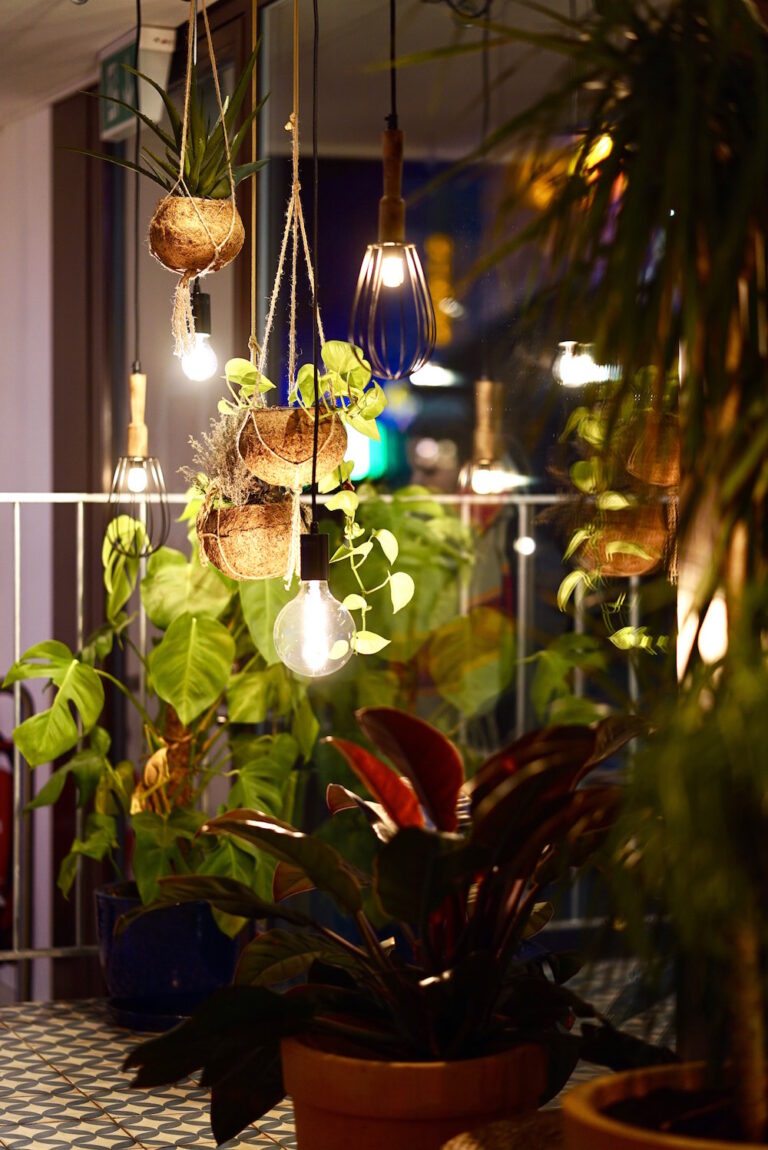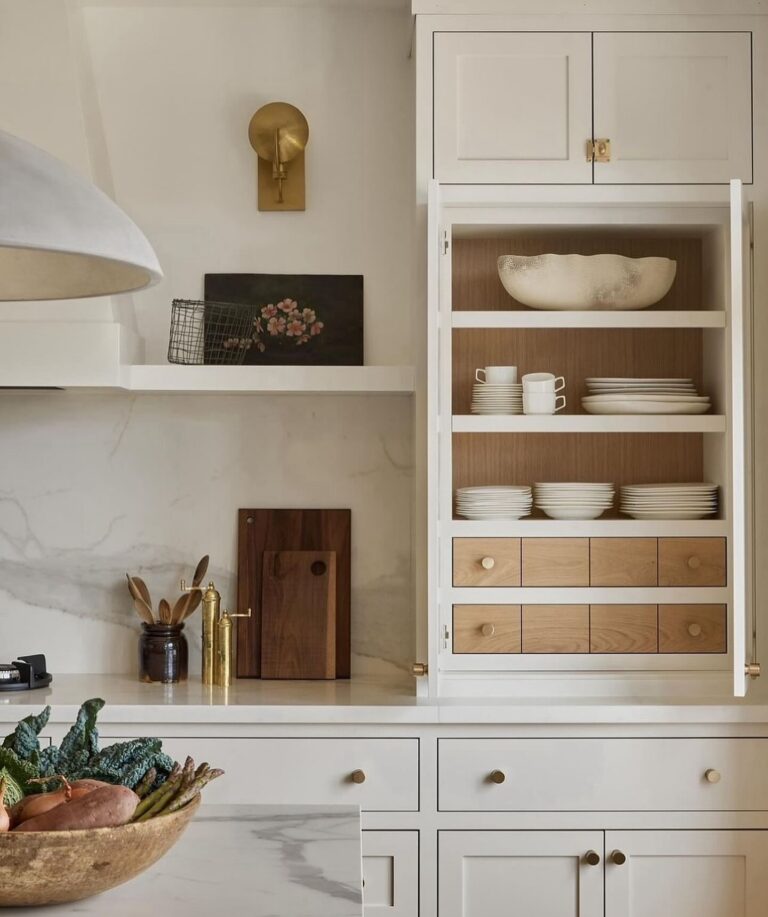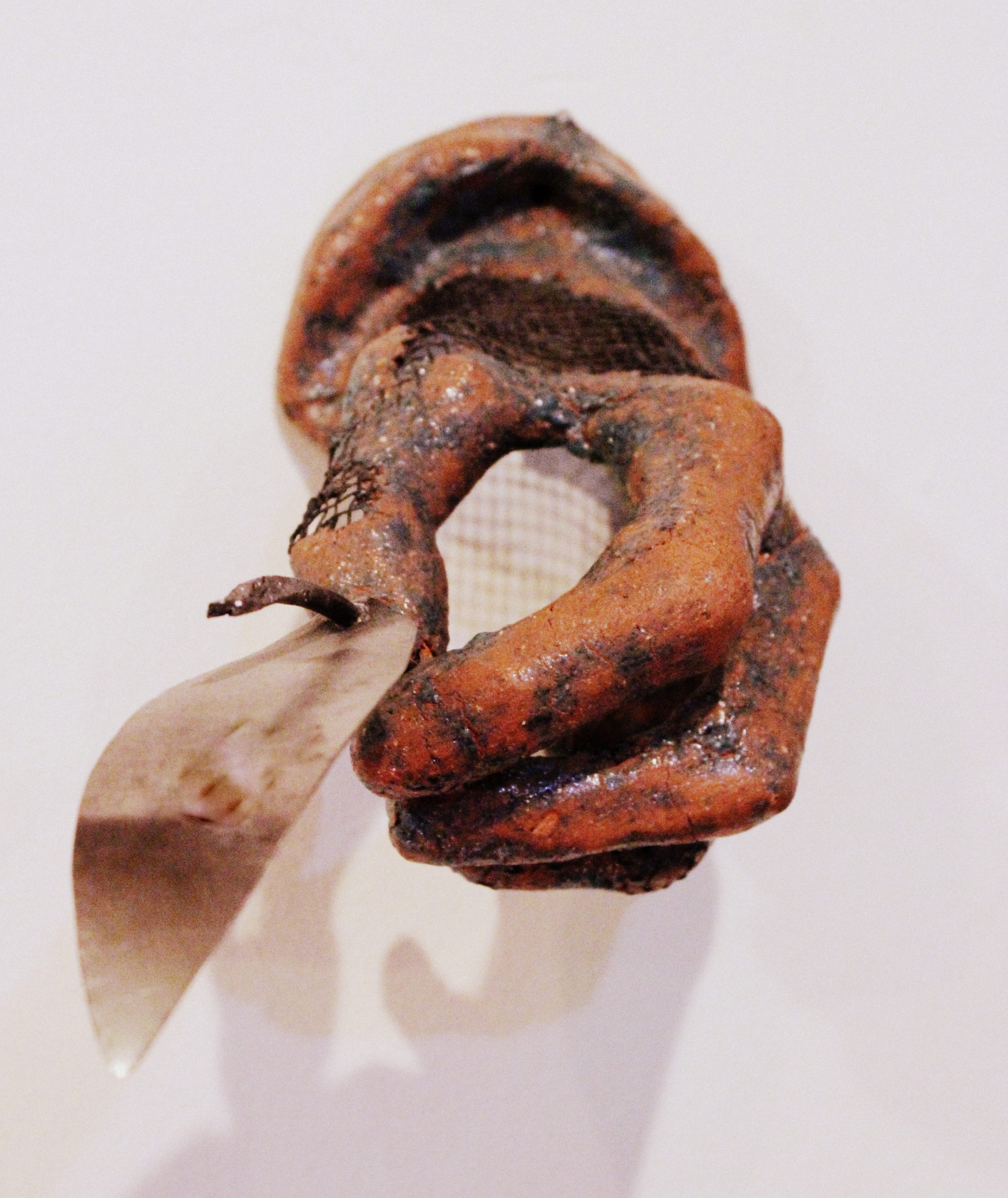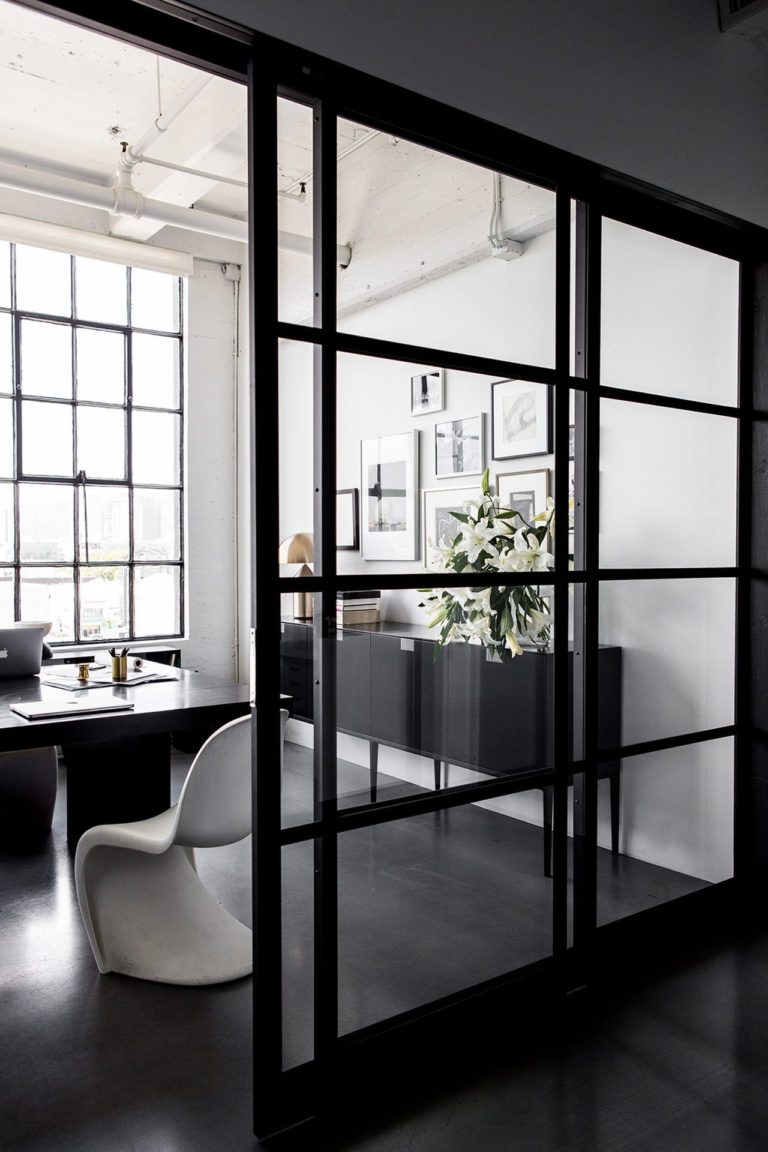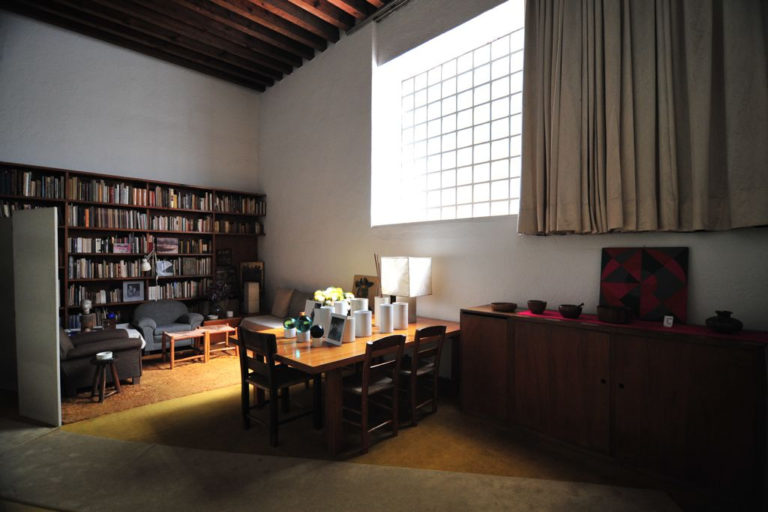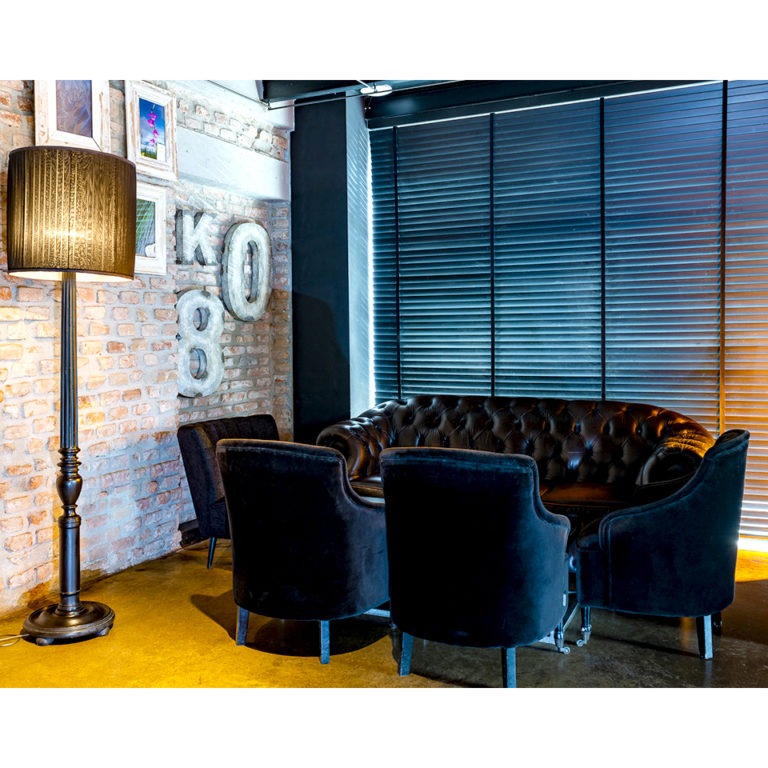Switching To Solar Energy? A Complete Preparation Guide For Homeowners
Solar energy has emerged as a viable alternative to power grid. Although many households remain connected to the grid, some have already made the switch. People are becoming more environmentally conscious of the effects of carbon emissions, and the sun is one of the cleanest energy sources because it’s renewable.
Switching to solar power may seem daunting because of the costs involved. But, it’s not mandatory that you completely adopt it. You can buy a hybrid system that runs on both solar and grid power. Furthermore, you could transition to solar gradually rather than all at once. Choose the option that best fits your needs and budget.
If you are a homeowner considering switching to solar energy, check out this complete preparation guide to help you get started. Discover the benefits of going solar and connect with a top solar provider in Kansas to ensure a seamless and efficient transition to renewable energy for your home.
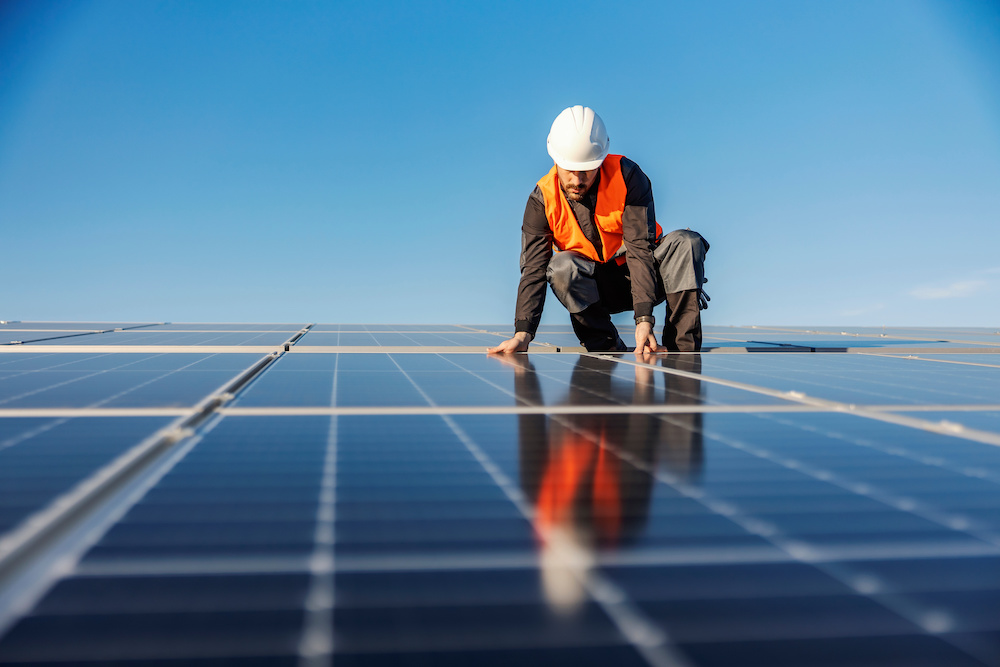
General Overview Of How The System Works
A solar power system consists of several components that work together to generate electricity. Each element is critical. The system converts energy from the sun into electricity using silicon photovoltaic (PV) panels. Household panels are typically available in two sizes: 60- and 72-cell panels.
Solar panels generate direct current power; however, it doesn’t work with household appliances. This is where the inverter comes into play. It converts direct current to alternating current (AC). Those homeowners who want to go completely solar will also need to invest in batteries.
How To Choose An Installer
Solar panel installation isn’t something that you should do yourself. It’s best to leave this to professionals. But, while it’s tempting to choose an installer with the lowest price package to save costs, it’s recommended that you only work with registered professionals to ensure quality results. Their expertise is also a must as design mistakes may impact system efficiency. They’re also the ones who usually obtain installation permits. But, finding one isn’t easy.
Working with referrals from friends and family is always preferable. Otherwise, you need to conduct thorough research. Make a list of potential contractors, then request installation quotes from them. Check online reviews and note those who’ve received a lot of positive feedback.
Moreover, choose the one that fits your budget. In this regard, you can search Oregon solar cost breakdown online to have a rough idea of the expenses if you live in the area.
Factors That Affect Solar Efficiency
To generate solar energy, the panels should receive plenty of sunlight. The system hits peak efficiency when it’s hot.\
Here are other variables that affect your system’s efficiency:
- Location
Areas that receive a lot of sunlight throughout the year are best suited for solar power systems. However, more efficient solar panels are being constructed, which can absorb more light energy even if you live somewhere that doesn’t receive much sun.
- Roof Angle
You must ensure that your solar panels are arrayed properly to allow maximum absorption of sunlight. Ideally, they should be south-facing, although the roof angle may also affect how much exposure the panels will get.
- Shading
Ensure that you install the panels in an area that doesn’t receive shade from trees, buildings, or other solar panels as this can also affect your system’s efficiency.
- Solar Panel Type
Although some homeowners don’t like monocrystaline panels because of their blue appearance, they’re the most efficient ones you can buy. Thin film panels may have better aesthetic appeal, but they aren’t as efficient as monocrystaline panels. These types of panels are ideal for smaller roofs.
- Efficiency Of Solar Accessories
Solar accessories like the inverter, cables, and controls can affect your system’s efficiency. Therefore, these attachments should be high-quality to ensure optimum system performance.
- Maintenance
Like any other part of your home, your solar power system will require maintenance to last long. It doesn’t require much upkeep; ensure the panels are always clean. However, it’s best to have the system checked regularly.
It would help to know about the above factors before installing a solar power system to avoid costly mistakes.
Determine Your Energy Needs
Before investing in a solar power system, you must first determine your energy requirements. People’s power needs vary. You can look over your electricity bills to get an idea of how much electricity you use. Aim to have a system that meets your consumption demands.
Depending on your usage, you’ll require more or fewer batteries and solar panels. Finding the right balance is key. Few solar panels will generate insufficient power, forcing you to supplement with grid power. However, having too many panels may be a waste of money because you’ll have more power than you need.
It’s also a good idea to think about how much energy you’ll need in the future. There’s a strong likelihood that the globe will depend even more on electricity. People’s technological and mechanical devices today require energy. Therefore, investing in a system that’ll support you over the long term would be best.
Evaluate Your Financing Options
There are two main financing options to consider: buying or renting. Each option has pros and cons, but your choice will likely depend on your budget.
- Buying A System
Paying for a solar power system can be daunting. Furthermore, borrowing money to finance the project can be challenging.’
Loans can be a good financing option because your monthly payments may be significantly lower than your monthly electric bills. This will result in significant cost savings. You can take solace in the fact that it’s still a wise investment—you may suffer now, but the benefits will last long.
- Renting A System
You can rent one if you wish to have a solar power system but don’t have the money or don’t want to borrow one. The advantage is that you won’t have to worry about repairs or maintenance. However, most benefits of owning the system go to the company. Financial benefits, in particular, will accrue to the company. Furthermore, the contract or lease on your home may lead to significant problems if you want to sell your home.
Thoroughly weigh your options—go for one that won’t break the bank without compromising your household’s energy needs.
How Long Do Solar Panels Last?
Solar panels are generally durable, but their longevity largely depends on the panels’ quality.
Most manufacturers claim that their solar panels can last up to 25 years while operating with at least 80% efficiency. However, some parts of the system may not be as durable. For example, even though lithium batteries last longer than acid ones, they’ll eventually degrade over time and need replacement. Also, the inverter tends to have a shorter lifespan. Therefore, you must factor in all these expenses in the total investment cost of a solar power system.
Reasons To Invest In Solar Energy
As technology improves, solar technology will likely become more affordable and accessible. Also, as climate awareness increases, people will be prompted to switch to solar. Nevertheless, here’s why you should invest in a solar power system:
- Independence
Solar power systems can be especially beneficial for people without a reliable grid system. In this day and age, when so many people rely on electricity, blackouts or outages can be inconvenient.
Investing in a complete solar power system will give you power all day. However, the amount of power generated will vary depending on location and weather. Solar energy may not be economical if you live in an area with little sunlight, but it can be worthwhile if you live in a hot area.
- Increases Property Value
If you want to sell your property in the future, your solar power system comes with it. It effectively boosts your property’s market value, which means you’ll be in a better bargaining position, especially if the system still works efficiently at the time of the sale.
- Reduces Carbon Footprint
This is one of the main reasons why people switch to solar energy. It’s renewable, so it drastically reduces your carbon footprint compared to other energy sources, like coal and gas.
- More Savings
You won’t have to pay hefty electricity costs because you won’t need to rely on the grid.
These are just some of the many advantages you can obtain when you switch to solar.
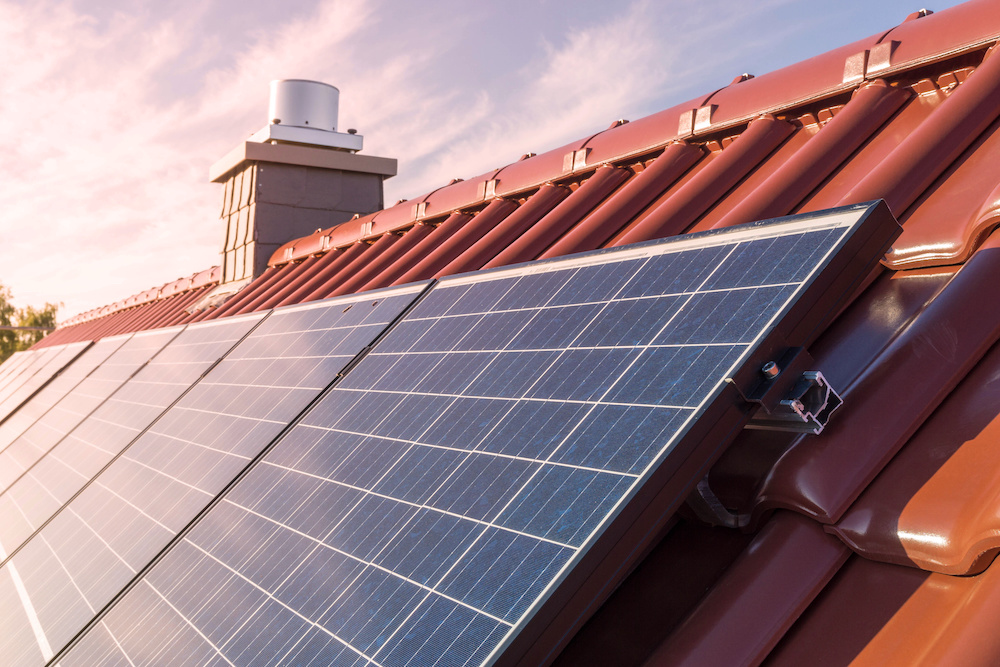
Take Advantage Of Tax Credits
If you decide to buy a solar system, you may be eligible for financial incentives in the form of tax credits. But, keep in mind that different regions have different tax credit policies. Governments or states that champion sustainability typically offer these incentives to encourage people to go green. So, check to see if you qualify for any of these tax credits in your area.
Realize That It’s Okay To Start Small
As previously stated, solar power systems are quite pricey. However, you can always start small and work your way towards completely moving to solar. You can invest in a hybrid system that uses a solar battery to power some of your home’s appliances. There are plenty of battery options available; however, be sure to spend your money on good-quality ones, preferably those made of lithium.
Conclusion
For some people, switching to solar energy can seem overwhelming, especially given the high installation costs. But, remember that you can always complete the transition process in phases. Also, you may always purchase a hybrid system that uses solar and grid power. You don’t need to completely switch to solar instantly as it’s expensive. Only invest in a system you can afford and only borrow the money you can repay.

